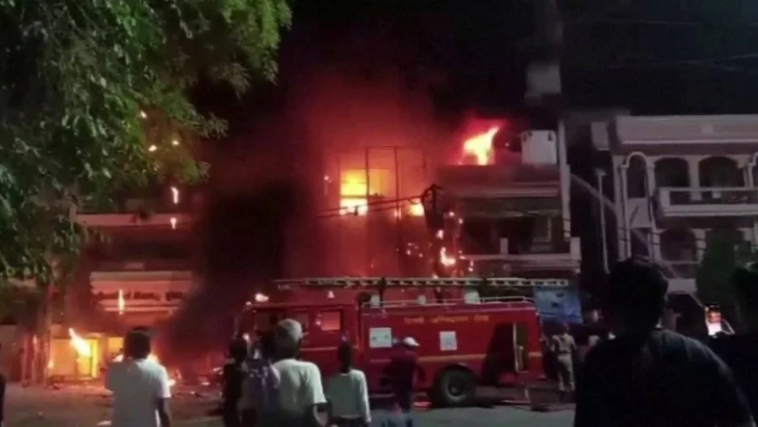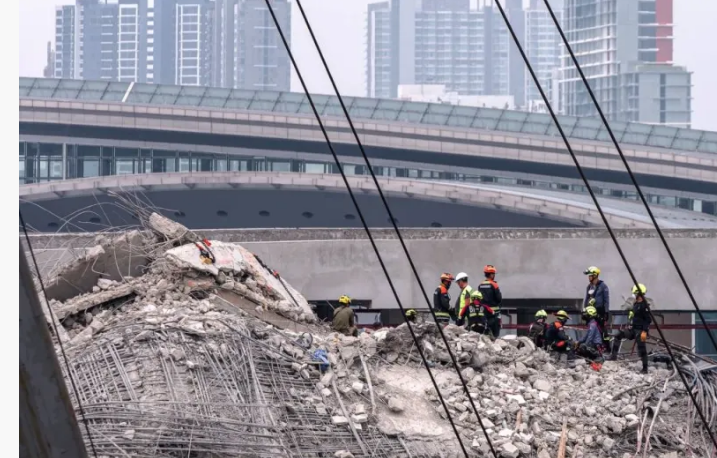January 11 marked the fifth anniversary of the first known death from COVID-19 in Wuhan, China. On this day in 2020, health officials announced that a 61-year-old man had died from pneumonia caused by a previously unknown virus—later identified as SARS-CoV-2. The virus would go on to trigger a global pandemic, claiming over seven million lives and reshaping societies worldwide.
Despite the milestone, the anniversary passed without official recognition in China, where the pandemic has become a sensitive subject. No memorials or public remembrances were held for the man, whose identity remains largely unknown beyond his frequent visits to a Wuhan seafood market, believed to be an early site of the virus’s spread.
The death came after authorities had reported dozens of mysterious infections in Wuhan in the preceding weeks. Within days of the announcement, cases began surfacing in other countries, revealing that containment efforts had failed. The disease would soon spread uncontrollably, forcing global lockdowns and changing the course of modern history.
Social media activity on the anniversary was subdued. On Weibo, China’s popular social media platform, some users visited the account of Li Wenliang, the Wuhan doctor who became a symbol of early whistleblowing efforts after being reprimanded by police for sharing information about the virus. “Dr. Li, another year has gone by,” one comment read. “How quickly time passes.”
China’s handling of the pandemic’s early days remains a point of global contention. Western governments have accused Beijing of obscuring the virus’s origins and downplaying its early transmission, allegations China has consistently denied. Beijing asserts it acted swiftly and transparently to contain the outbreak.
According to the World Health Organization (WHO), China has officially reported nearly 100 million COVID-19 cases and 122,000 deaths. However, the true figures are widely believed to be significantly higher.
In 2023, the Chinese government declared a “decisive victory” over the virus, lauding its pandemic response as a “miracle in human history.” Unlike many countries that have constructed memorials or held national remembrances for pandemic victims, China has taken a different approach, avoiding large-scale commemorations.
As the world continues to grapple with the pandemic’s legacy, the absence of official recognition on this significant anniversary highlights the contrasting ways nations confront the memory of a crisis that reshaped the global landscape.



